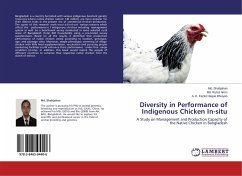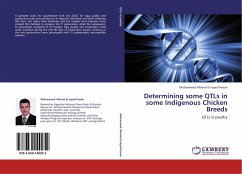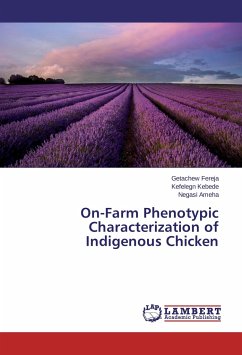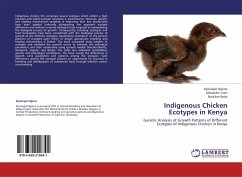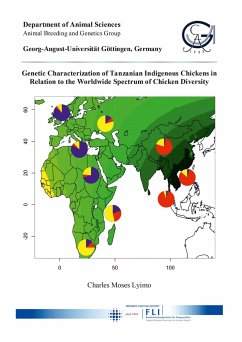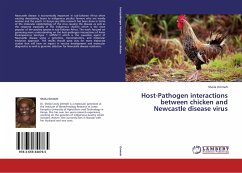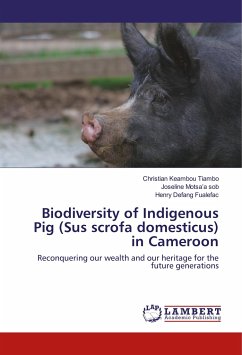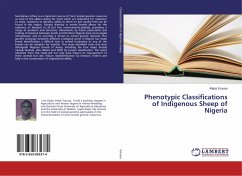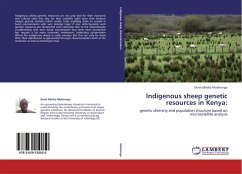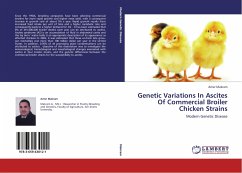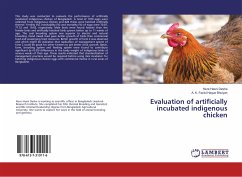
Evaluation of artificially incubated indigenous chicken
Versandkostenfrei!
Versandfertig in 6-10 Tagen
24,99 €
inkl. MwSt.

PAYBACK Punkte
12 °P sammeln!
This study was conducted to evaluate the performance of artificially incubated Indigenous chicken of Bangladesh. A total of 1070 eggs were collected from Indigenous chicken and 628 chicks were hatched artificially thereof. Fertility (%), hatchability (%) and mortality (%) of eggs were 70.81, 77.52 and 19.63, respectively. Male birds were found heavier than the female birds and artificially hatched birds grown better up to 11 weeks of age. The coal brooding system was superior to electric and natural brooding. Hand mixed feed gave better growth of birds than commercial feed and scavenging feed ...
This study was conducted to evaluate the performance of artificially incubated Indigenous chicken of Bangladesh. A total of 1070 eggs were collected from Indigenous chicken and 628 chicks were hatched artificially thereof. Fertility (%), hatchability (%) and mortality (%) of eggs were 70.81, 77.52 and 19.63, respectively. Male birds were found heavier than the female birds and artificially hatched birds grown better up to 11 weeks of age. The coal brooding system was superior to electric and natural brooding. Hand mixed feed gave better growth of birds than commercial feed and scavenging feed resources. Better growth of farm 2 was observed and which might be indicative that replication of management system of farm 2 could be good for other farmers to get better chick growth. Batch, farm, brooding system and feeding system were found to contribute significant (p0.05) differences in the body weight of indigenous birds at various weeks of their age. These results indicated that standardization of management practices would be required before using mini incubator for hatching Indigenous chicken eggs with commercial motive in rural areas of Bangladesh.



